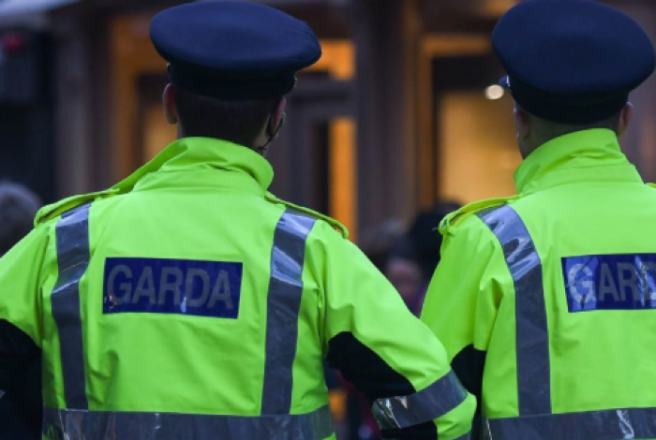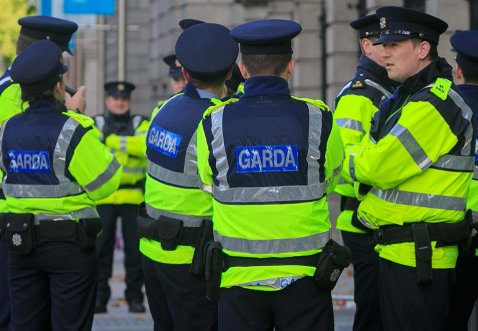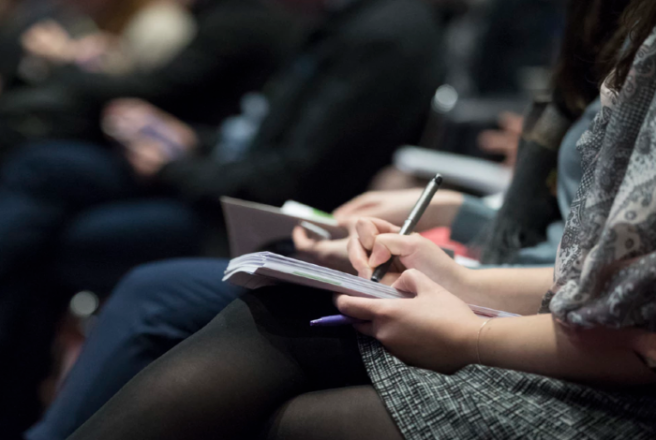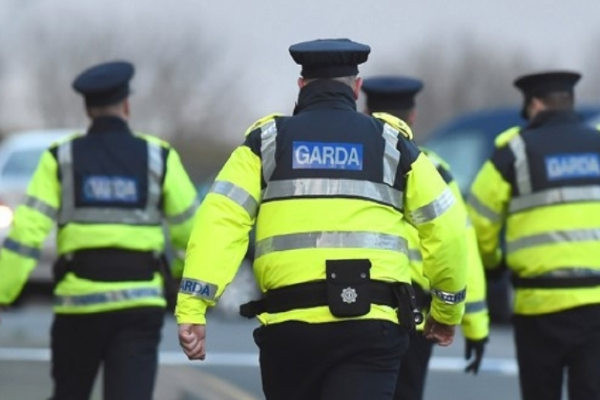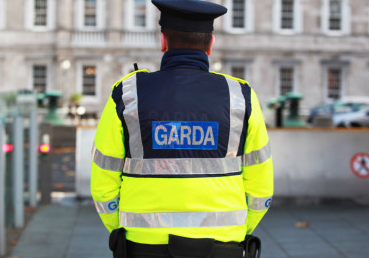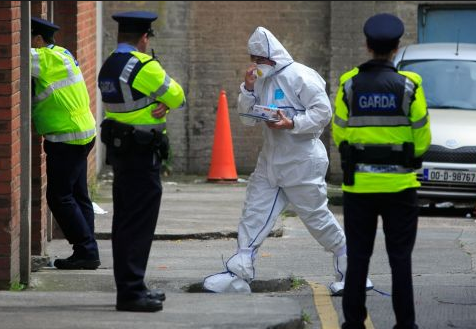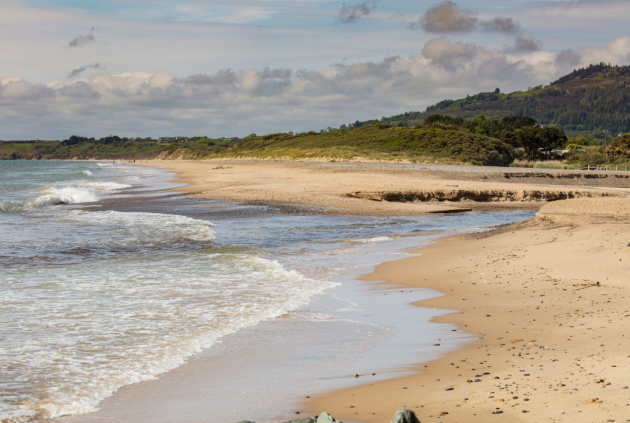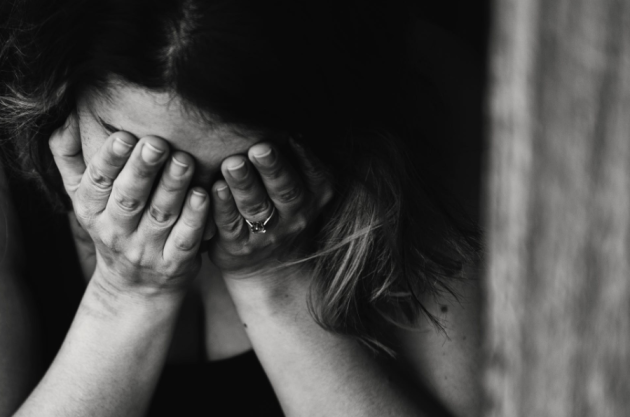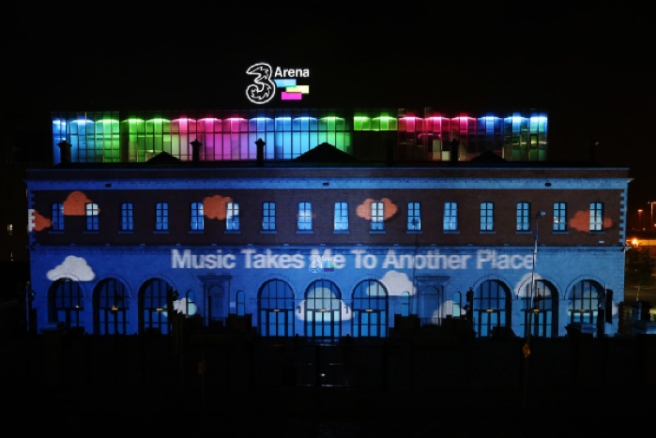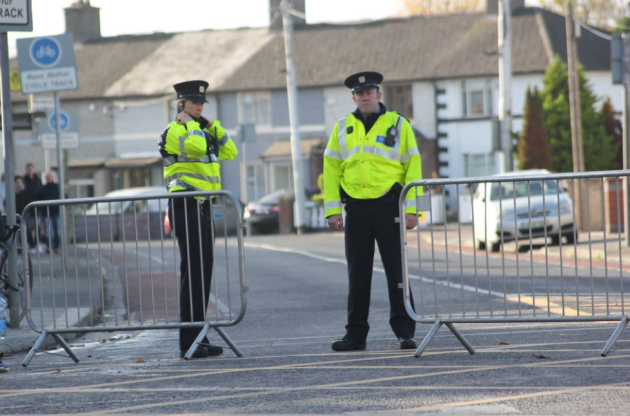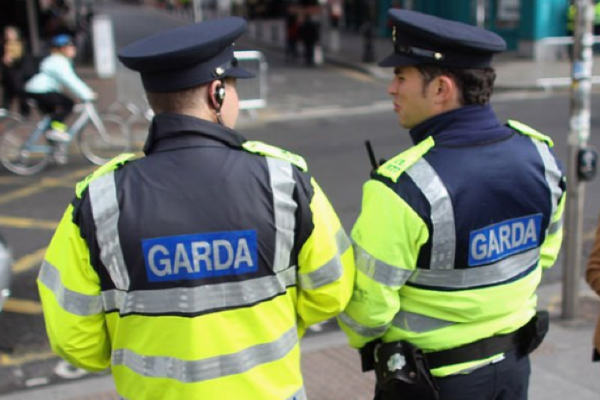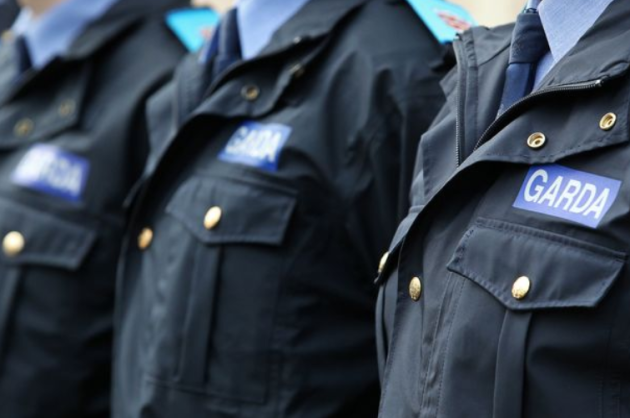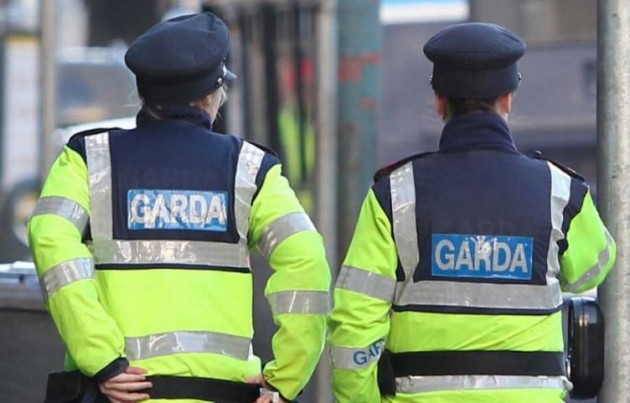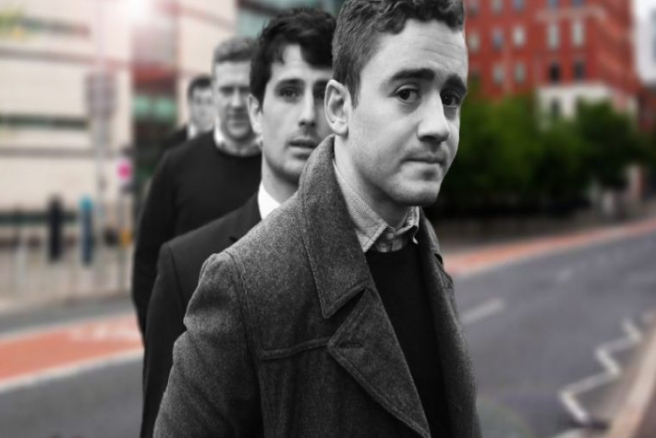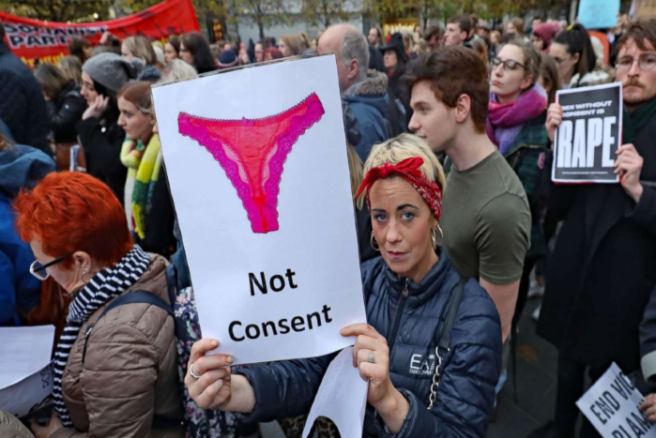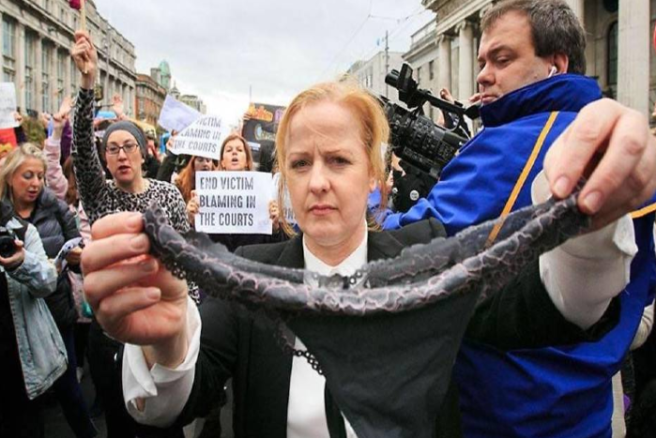Consent classes will be rolled out in secondary schools and sports clubs nationwide after the success of the college campus workshops.
The Irish Examiner has reported that the number of students attending the Smart Consent workshops in colleges skyrocketed by more than 600 percent, partly because of high-profile rape cases.
Pádraig MacNeela and Siobhán O’Higgins, from NUIG’s School of Psychology (who developed the workshops) said the programme has been altered to suit the age range of secondary school students.

Pádraig MacNeela spoke about the creation of the classes;
“We’ve started to redevelop workshops and test them out in schools, working with parents being on board and being the allies you want them to be.
“It’ll be the same type of conversation approach that has been happening in colleges, except there is a full redesign of materials to speak to school age, so far it seems to be a good fit," he added.
The proramme is set to launch in schools in early 2020, but several schools have already gone through the workshop.

“We’ve worked with five or six schools so far, piloting the programme, where we have gone in to talk about consent," said Siobhán O’Higgins.
“It’s allowed us to see if this format, the workshop type programme, will work. We’ve been to schools in Limerick, Dublin, and Galway. We worked with parents first, it was actually the parents who wanted this in the schools and then the schools said they wanted it too.”
Sexual education in Irish secondary schools is taught under the relationships and sexuality education (RSE) programme, but varies hugely depending on the school.
The Department of Education and Skills have stated that every school can choose their own way of teaching the programme, which means that many students have received next to zero sex education.

What little sex education was offered in other schools solely touched on science, rather than contraception, consent and emotional relationships.
Siobhán O’Higgins has said that they must act strategically when choosing what schools receive the new workshop in 2020.
"There is no point going in and talking about consent in a school who haven’t had good RSE, with students who don’t understand their own bodies. Talking about consent like that is just adding on top of the confusion.
“Parents are afraid to talk to their children,” she said. “It’s very difficult now to be a parent. I do a bit of a workshop on consent with parents and we ask: ‘Was it consent?’ ‘Yes?’ ‘No?’ Sometimes it’s not always clear.”

More than 4,000 college students have taken the voluntary workshop since it first launched in 2015, which includes all sexual orientations and gender identities.
Consent is about respect and how we treat others, and many health professionals have said that the workshops need to reach younger people, before they hit college.
The programme makes sure to include the role of alcohol and drugs in consent. Organisers say they now plan to work with various networks and groups to reach young people aged 16 to 24-years-old.
A review of relationships and sexuality education is currently being carried out, with the draft report complete and open for public consultation until October 2019.
